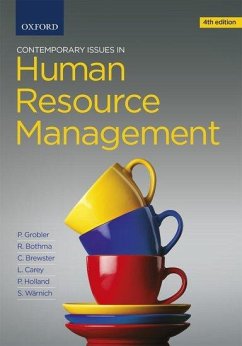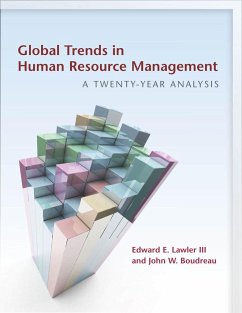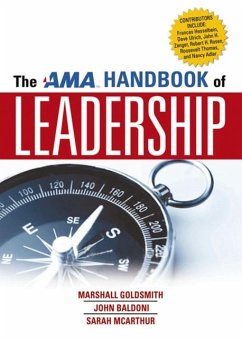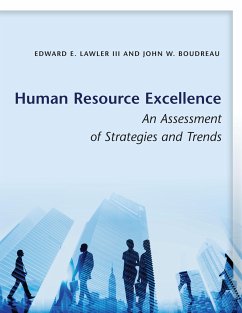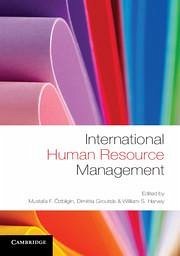Nicht lieferbar
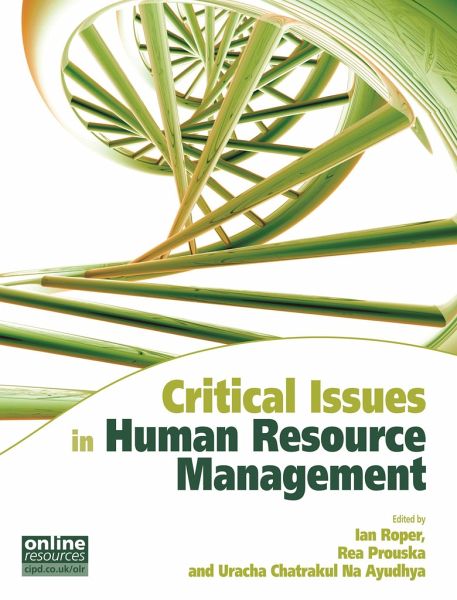
Critical Issues in Human Resource Management
Versandkostenfrei!
Nicht lieferbar
A new critical and authoritative textbook for all HRM modules. Key Selling Features * Provides students with a critical evaluation of the core HRM topics, problematising subjects to encourage sophisticated thinking about HR interventions * Is written by a team of experts from the UK and from international institutions, bringing a number of diverse perspectives to HRM * Draws out the importance of state/corporate governance of the workplace and the politics of workplace relations * Integrates students' prior understanding of the key operational aspects of HRM with the wider institutional and so...
A new critical and authoritative textbook for all HRM modules. Key Selling Features * Provides students with a critical evaluation of the core HRM topics, problematising subjects to encourage sophisticated thinking about HR interventions * Is written by a team of experts from the UK and from international institutions, bringing a number of diverse perspectives to HRM * Draws out the importance of state/corporate governance of the workplace and the politics of workplace relations * Integrates students' prior understanding of the key operational aspects of HRM with the wider institutional and social contexts in which they occur * Expands students' knowledge of HR-related theory with wider social and business theory, enabling them to apply critical approaches to HR problems * Is unique in that it is designed to cater for a year-long module * Section 3 is unique in applying HRM pracices to specific industry contexts rather than assuming 'best practice' is universal.This will enable students to think about how different issues might be dealt with differently in say an NHS trust and a hotel This text comes with online resources for students and tutors including a lecturer's guide and PowerPoint slides. Market 1. 3rd year UG or PG business students taking HRM, strategic HRM or contemporary module that takes a critical approach 2. HRM programmes on MBAs




